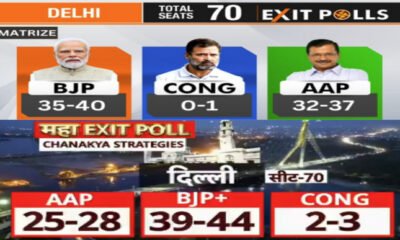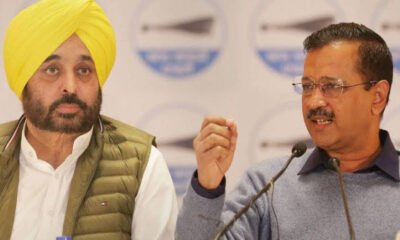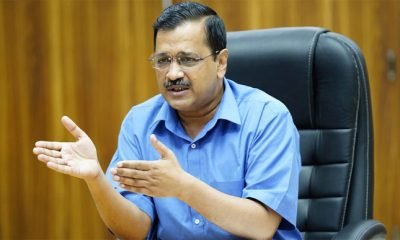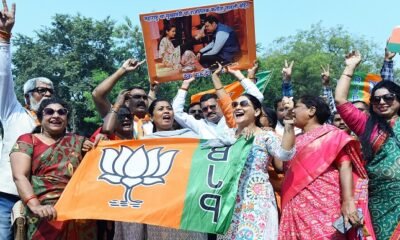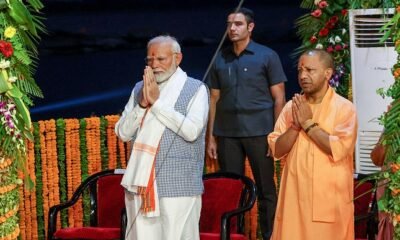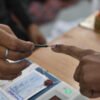National
Legality of Kejriwal’s order to treat only Delhi residents
Sanchit Asthana.
Delhi, being the national capital has always been a city of migrants. At a time when the country is dealing with a pandemic of unmatched scales, the Delhi government, headed by Mr. Arvind Kejriwal passed an order on 7 June 2020, directing all state-owned hospitals, private hospitals and nursing homes to treat only ‘bonafide residents’ of NCT of Delhi. An excerpt from the order reads as:
“Now therefore… it is hereby ordered that all the hospitals operating under Government of National Capital Territory of Delhi and all the private hospitals and nursing home shall ensure that only bonafide residents of NCT of Delhi are admitted for treatment in these hospitals.”
भगोड़े नीरव मोदी और मेहुल चौकसी के खिलाफ ED की बड़ी कार्रवाई, 1,350 करोड़ के हीरे हांगकांग से वापस भारत लाए
This order affects a huge number of people who reside in Delhi but do not fall into the category of bonafide residents, this includes a large number of people from the North eastern states. Apart from being wrong on humanitarian and moral grounds, this order is also wrong on legal grounds. India is a welfare state which can be seen in the wordings of the preamble to our constitution as well as Article 38 of the Constitution, which imposes a liability on the state to secure a social order for promotion of welfare of the people. Though this article falls into the category of Directive Principles of State Policy, thus not enforceable due to express exclusion of its enforceability, it is nevertheless fundamental in the governance of the country. Further, Article 21 lays down that:
“No person shall be deprived of his right to life or personal liberty except according to procedure established by law”
This right to life and personal liberty includes not just bare survival but even medical facilities in addition to a number of other things as have been held by the Supreme Court. Thus, right to access to medical facilities is a fundamental right under Article 21 and is protected by Article 32 and Article 226 of the Constitution. In the case, Paschim Bangal Khet Mazdoor Samity & ors vs. State of West Bengal and ors., it was held that in a welfare state, primary duty of the government is to secure the welfare of the people and more over it is the obligation of the government to provide medical facilities. Also, in Pramod Katara vs. Union of India, the supreme court held that every sector whether at a government hospital or otherwise has the personal obligation to extend his services with due expertise for protection life.
पाकिस्तानी कोर्ट ने हाफिज सईद के चार करीबी सहयोगियों को सुनाई जेल की सजा
Further, India is a union of states unlike USA which is a federation of states, the difference between the two being the autonomy enjoyed by the states in each. In India, states enjoy lesser autonomy with respect to their governance, laws and even citizenship, in fact, in India there is no concept of dual citizenship i.e. of nation and state. Thus, India is a union which is divided into various states for the purpose of ease in administration and governance and no person can be subject to any disability by virtue of being resident of any state. So, a discrimination on the grounds of place of birth or residence is not justified and is violative of Article 14 of the Constitution which provides for Equality before law and also Article 15 which prohibits discrimination on the grounds of religion, race, caste, sex or place of birth. The only exception to this rule of non-discrimination is if the discrimination is based on intelligible differentia on the basis of reasonable classification, but, the order by the Delhi government does not make any such classification and puts a blanket ban on treatment of all non-residents.
In a recent development on the issue, the LG of NCT of Delhi Mr. Anil Baijal has overruled the Delhi government’s order.



